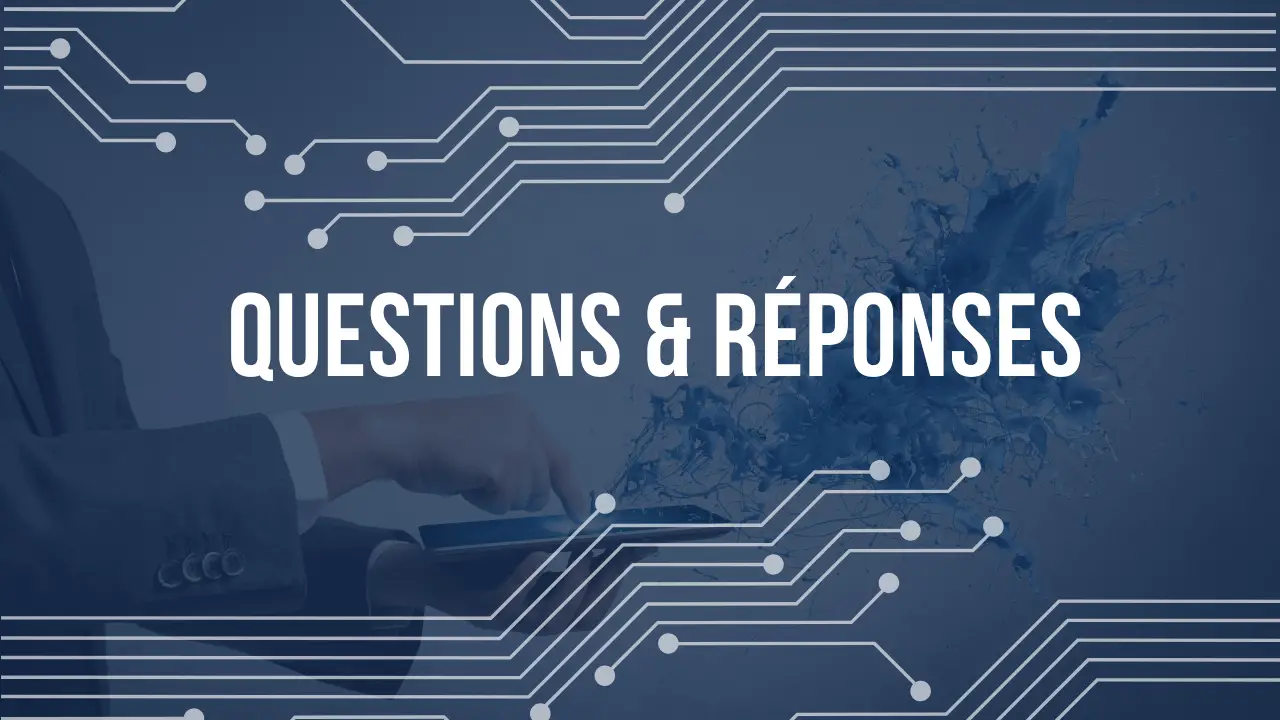Requested by: Konstantinos Hummel BA | Last update: December 18, 2020
note : 4.4/5
(39 stars)
recovery period. The time elapsed between purchase and full cost recovery is called the amortization period. There is also a formula for this: payback period in years = capital/income per year.
What is amortization?
The terms amortization and amortization (from the French amortiser, “to repay”) have several meanings. The most common refers to the process by which the initial expenses for an object are covered by the income generated by it.
When should an investment pay off?
Once the maturity phase has been reached, the investment must be amortized. Over the entire life cycle, the product must generate at least two to three times the capital invested (return factor > 2).
Why should they pay off the mortgages?
Those who depreciate pay less interest
The higher the mortgage interest, the higher the monthly charge. Interest rates therefore play an important role in determining whether a mortgage should be amortized. … The higher the interest rate, the more profitable it is to pay off the mortgage.
If the recovery period?
The amortization period describes a period of time during which a purchase is profitable for the investor. The technical term can refer to the expense of a purchase or the capital investment.
What does amortization mean? Simply Explained (Real Estate Definitions)
–
28 related questions found
When is an investment profitable?
As soon as the value is smaller, it means that the investment is not profitable because the capital employed is greater than the profit made from the investment. Since yield is usually expressed as a percentage, the result should be multiplied by 100.
–
Everything you pay annually in amortization is deducted directly from your mortgage debt. This reduces the debt on your property and the mortgage interest or interest charges go down. However, this also means that the tax burden will increase due to lower mortgage and interest debt.
–
Should I pay off my mortgage?
The mortgage does not necessarily have to be repaid, while anything above this proportion falls under the 2nd mortgage and must be repaid within 15 years (formerly 20) or at the latest on retirement. … Mortgage, there are two options: direct amortization and indirect amortization.
–
With direct mortgage amortization, an installment is repaid at regular intervals, reducing the mortgage amount and mortgage interest, while income tax payable (due to the elimination of deductible interest expense and mortgage debt) increases.
–
What happens if you can no longer pay the mortgage?
If the mortgagee can no longer pay the interest at the interest rate agreed for the mortgage, this is called default. In this case, the bank can “operate” the asset, ie sell it. The mortgage is used by the bank to secure the loan.
–
The average annual return is the sum of the average annual profit and the annual depreciation.
–
In an amortization calculation using the average method, the amortization period is calculated using the average annual surplus. The payback period in years is then calculated by dividing the initial capital investment by the return per period.
–
What are reverse flows?
In the context of the granting of loans by local public authorities to the public or non-public sector, the notion of return refers to the income/payments of interest and repayment due to the local authority (= lender) from the granting of the loan loan.
–
When is a mortgage paid off?
If a mortgage exceeds 65% of the house price, current regulatory requirements mean that this must be amortized within 15 years or at retirement age. Amortize is the technical term for “paying off a mortgage”.
–
What is mortgage amortization?
Amortization means the regular repayment of part of the mortgage over a set period of time. In the case of an owner-occupied building, the second mortgage must be amortized directly or indirectly over 15 years.
–
How much mortgage at retirement?
Most lenders require that the post-retirement mortgage loan not exceed two-thirds of the mortgage loan value. Mortgage value is the value of the property that the lender accepts as a realistic value. Lending value may be less than actual market value.
–
What happens when you pay off the house?
Once the house is paid off, unlike a mortgage, it can continue to be used. For example, if you need a loan for an extension, a renovation or a new car. But even if the house is sold, the mortgage can still be used.
–
When is the house paid for?
It takes up to 40 years for the loan to be fully paid off, although some buyers have paid off their homes after 15 years. Ultimately, your equity, your monthly repayments and interest determine the term of your construction financing. To learn more about the duration of real estate financing, click here.
–
How long does it take to pay off a house?
For consumer advocates, the guideline is clear: the property must be paid off before retirement. For this, the repayment must be at least two, better three percent, and the interest rate fixed for at least 15 years. It is better if the interest can even be fixed until the debt is completely discharged.
–
Amortization is the repayment of mortgage debt. … In the case of indirect amortization, the amount of the mortgage remains unchanged. The bank does not require the direct repayment of the debt, but it must be paid into a pillar 3a account or into a securities account.
—


